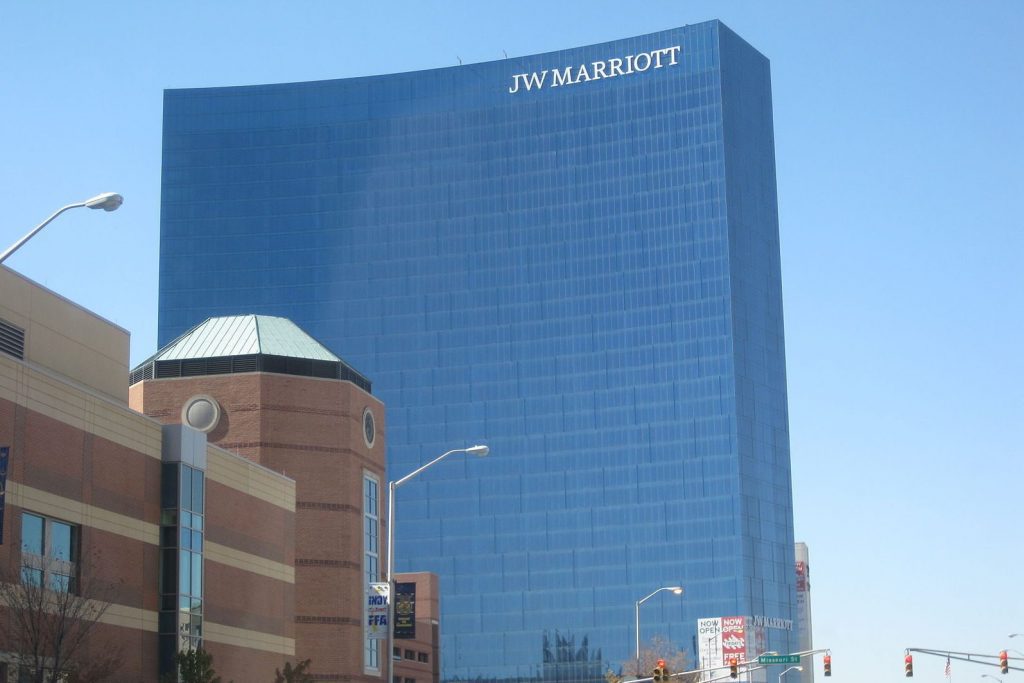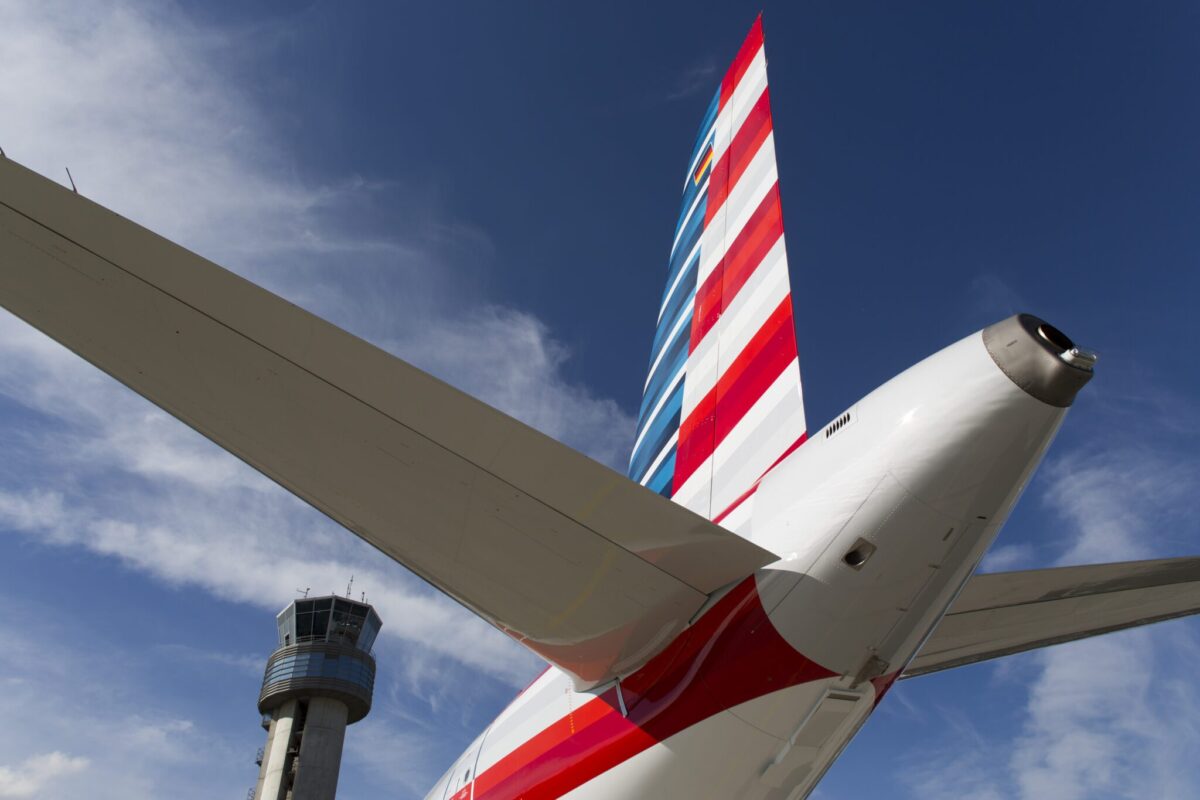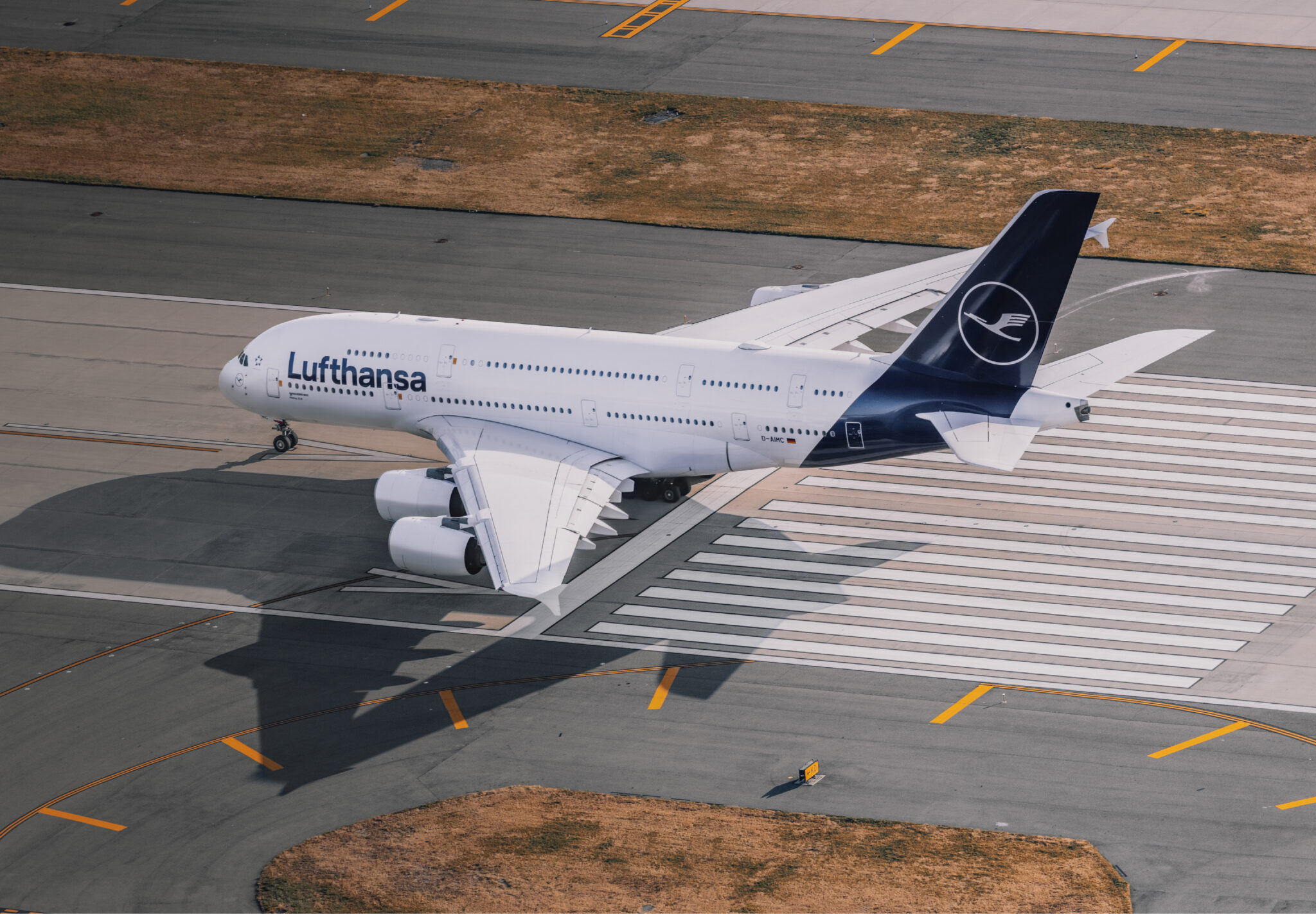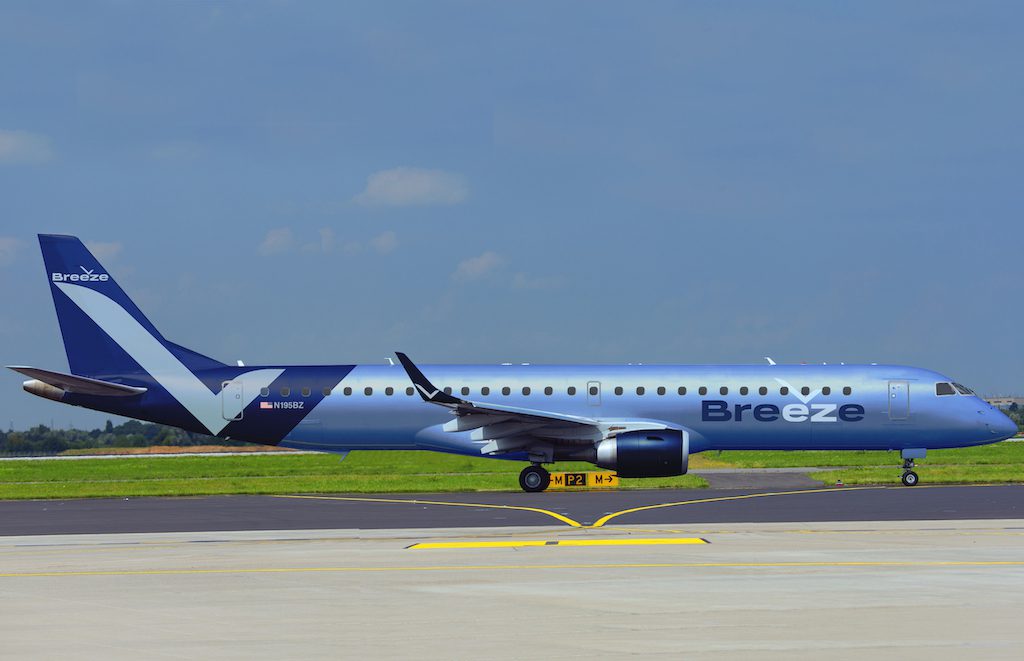Marriott CEO: Virtual Meetings and Remote Work Won't Hurt Hotels Permanently

Skift Take
The chief executive of the world’s largest hotel company doesn’t expect coronavirus to forever upend the hotel industry.
Marriott President and CEO Arne Sorenson hasn’t disguised his thoughts on how negative the ongoing pandemic has been for hotels. He has repeatedly claimed the coronavirus impact on the hotel industry is worse than the 9/11 terrorist attacks and 2008 financial crisis combined. But Sorenson thinks analyst talk of coronavirus forever upending the hotel business model is overblown.
“I don’t think it will look that much different afterwards than it did before [coronavirus],” Sorenson said Monday during the Goldman Sachs Travel and Leisure Conference. “I just think the last three crises I’ve experienced with my relationship with Marriott…In every one, we’ve heard there are some aspects of your business that will never come back.”
Get the Latest on Coronavirus and the Travel Industry on Skift's Liveblog
Sorenson reflected on the 1991 recession, 2001’s tech bubble burst and 9/11 terrorist attacks, and the financial collapse of 2008. Hotels eventually recovered to pre-crisis performance levels after each downturn, and Sorenson expects them to do the same after coronavirus.
While he noted technological advancements like web conferencing, the acceptance of remote work, and an unwillingness to book group travel currently hamper the hotel industry, Sorenson said he does not expect any of the three to have a permanent effect.
“I think group travel will be the slowest of the segments to come back, but I think group will generally come back. The importance of being together is well-recognized and well-understood,” Sorenson said before later noting, “It may take a few years to get back to the levels we were at before. Don’t mistake my words as Pollyannaish.”
A Temporarily Different Guest Experience
The early days of recovery are still slated to include a different type of hotel stay for guests checking into any Marriott-branded property around the world.
Marriott is one of many hotel companies to introduce heightened health and cleaning standards in response to coronavirus. The company plans to utilize electromagnetic sprayers to clean rooms and will service rooms more between stays rather than during a guest stay.
Social distancing measures will be enforced, and digital check-in features will limit interactions at high-touch areas like a front desk.
“We think it’s imperative we do that to deliver our guests a safe room and the confidence they need,” Sorenson said of the new cleaning procedures. “I suspect that will not be forever but for a period of time as long as the virus is in any way relevant to how we make decisions to travel.”
A Rebound Already Underway
Marriott is beginning to show very early signs of a business recovery.
While the company saw occupancy rates between 7 and 8 percent at hotels in China in early 2020 during the worst of the coronavirus outbreak, Marriot has begun to post job openings for hotels in markets like Chengdu and Wuhan. The company is also pursuing a regional marketing strategy to appeal to travelers in China, including gift card promotions to drum up business and spur demand.
Average occupancy rates in China recently cleared 40 percent, a number Sorenson said shows leisure and business travel are beginning to return.
The U.S. is behind China in terms of a pandemic recovery, but it has a similarly strong domestic travel base that bodes well for hoteliers. Open hotels in the U.S. have crossed the 20 percent average occupancy mark, Sorenson said.
Some of Marriott’s extended stay brands like Residence Inn are even seeing occupancy rates hit as high as the mid-40 percent range, he added.
But Sorenson eventually grounded his optimism Monday and noted there is still a long way to go. Two-thirds of the company’s corporate headquarters team has been furloughed.
Marriott has taken other cost-savings steps like waiving brand standards and raising $920 million in amendments to co-branded credit card agreements with JPMorgan Chase & Co. and American Express to generate enough liquidity to navigate an uncertain recovery timeline.
“It is a steady move forward,” Sorenson said. “Crossing over the 20 percent occupancy for the portfolio as a whole is a meaningful improvement from where we were before, but it is a long way from where we need to get to.”




